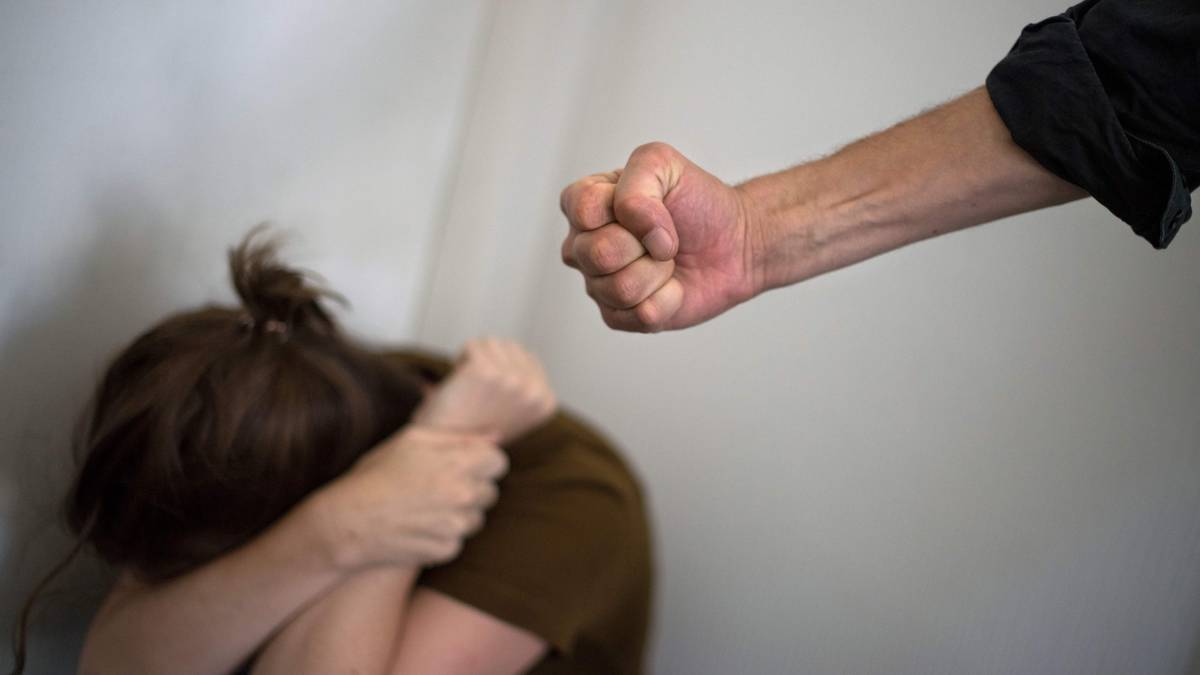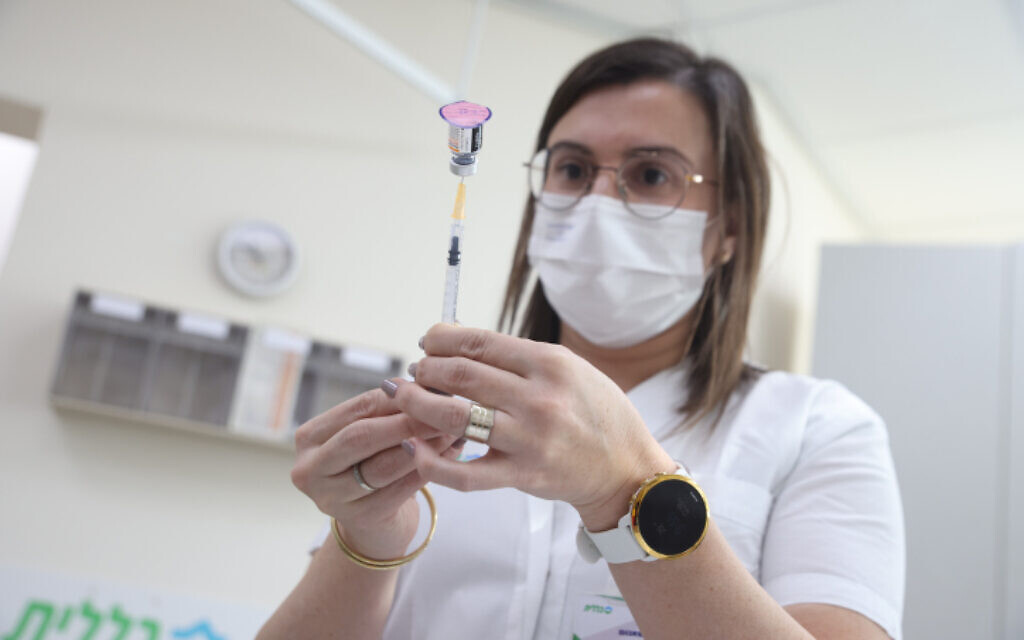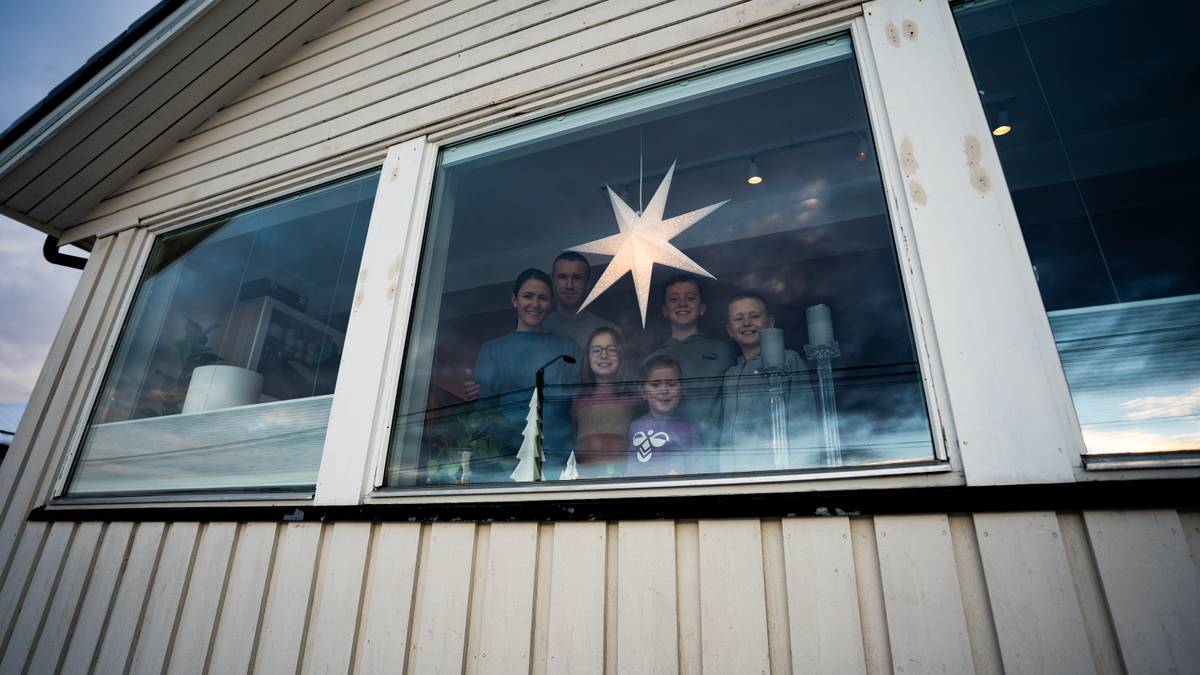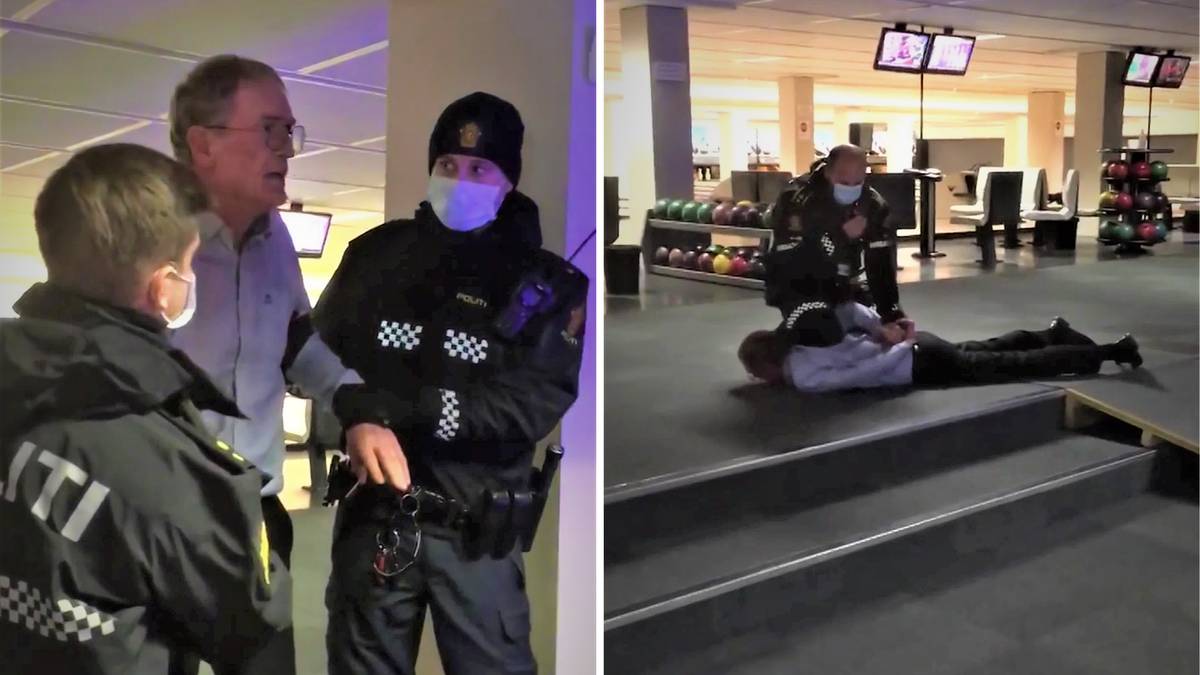One of Britain’s most senior health advisers has been accused of disseminating “dodgy data” that inflated the
potential risk of omicron.
Dr Jenny Harries, the chief executive of the UK Health Security Agency (UKHSA), is understood to have been the source of a contested claim by Sajid Javid, the Health Secretary, that there is typically a 17-day lag between patients becoming infected and
requiring hospitalisation.
However, independent experts pointed to Office for National Statistics (ONS) data, which suggested an average delay of nine or 10 days.
The claim by Mr Javid was seen as an attempt to strengthen the
case for urgent new Covid-19 restrictions, on the basis that the country could be on the brink of a major spike in hospitalisations due to omicron.
Dr Harries has claimed that omicron was “probably the
most significant threat we’ve had since the start of the pandemic”.
Health and scientific advisers have been pushing for lockdown measures and Boris Johnson will have to urgently decide whether or not to impose new restrictions before the New Year.
However, government sources have
suggested that is now unlikely, based on the latest data and a wall of opposition from Conservative backbenchers and ministers.
The latest UKHSA data show that people infected with the variant were between
50 and 70 per cent less likely to be admitted to hospital than with delta. Daily meetings of the Cabinet’s Covid Operations committee will resume on Monday.
At the time of Mr Javid’s claim last weekend, despite soaring cases, only 85 people were in hospital with confirmed omicron, a figure that has since risen to 366.
Simon Briscoe, a former Treasury statistician, said that the 17-day figure appeared to be either a “deliberate statistical sleight of hand designed to deceive, or incompetence”.
If deliberate, he added, it seemed that officials were “in effect trying to buy time, as officials realise that data of rising hospitalisations is needed to justify lockdown”.
Lack of support for future Covid curbs
Mark Harper, the chairman of the Covid Recovery Group, said: “Covid restrictions damage people’s lives, livelihoods and mental wellbeing. So it’s really important that the debate about them is based on solid data.
“Serious questions need to be asked if senior health advisers are furnishing ministers with misleading figures, and failing to correct them at the earliest opportunity.
“Ministers also have a responsibility to ask detailed questions to ensure they aren’t using dodgy data. We can do better than this.”
A new analysis by the Legatum Institute think tank suggested that the Covid-19 lockdowns
pushed 900,000 people into poverty and that further measures would jeopardise the recovery from the earlier restrictions.
Writing in The Telegraph, Baroness Stroud of Fulham, the think tank’s chief executive, also warned of a knock-on effect caused by hints of potential further measures.
Amid a projected improvement in poverty levels, “renewed restrictions and constant hints of tougher measures after Christmas means that we are putting these poverty gains at risk”, she said.
The Telegraph understands that Gareth Lyon, the chairman of the Aldershot and North Hampshire Conservative Association – whose MP is Leo Docherty, a defence minister – has resigned over the
introduction of Plan B measures.
“What we’re doing is the precise opposite of Conservatism,” Mr Lyon said. “There are a great many of us in the voluntary party who are finding the leadership's instinctive big government approach to everything impossible to support.
“If yet more restrictions come in after Christmas, I know that many others will find it difficult to reconcile their views and principles with the party’s direction.”
Meanwhile, the Archbishop of Westminster, Cardinal Vincent Nichols,
urged the Government not to close churches as part of any new restrictions, saying “people can make good judgments themselves”.
Dr Harries conveyed the 17-day figure to Mr Javid in a telephone call last week, during a conversation about the likely lag between infection and hospitalisation. It is understood to have been presented as an estimate, based largely on Covid-19 studies published last year and in early 2021, before the emergence of omicron.
In a subsequent article last week,
published by The Telegraph, in which he appeared to lay the groundwork for more restrictions, Mr Javid stated: “Sadly, seven people have died with omicron and 85 people are in hospital with confirmed omicron, but there are likely to be a lot more.
“And we know that the typical time between infection and hospitalisation is 17 days, so today’s hospital numbers reflect infections that took place more than two weeks ago when omicron was here in much smaller numbers and represented fewer than one per cent of infections.”
The figure caused bemusement among some analysts and clinicians. It now transpires that it was a “generous” estimate provided by Dr Harries and rooted in studies that all pre-dated omicron.
Officials at the UKHSA, which was formerly Public Health England, now believe that the gap between infections and hospitalisations is about 12 days.
Mr Briscoe said that ONS data suggested a lag of between one and two weeks. The ONS said in June, before the emergence of omicron, that the average time between Covid-19 infection and the onset of symptoms was five to six days, while the median delay between symptom onset and hospital admission varied between one and seven days.
Dr Harries has previously come under fire for
attempting to justify the decision to halt routine testing in March 2020 by claiming that it was “not an appropriate intervention”.
Writing on his blog last week, Mr Briscoe added: “The difference of a week in the lag between infection and hospitalisation is important because if you believe the ONS numbers, you would already expect hospitalisations to be picking up rather more sharply than they are.
“Hospitalisations will need to be above (probably well above) the averages of recent months to justify lockdown.”
On Christmas Eve, Dr Harries said: “I think there’s a glimmer of Christmas hope in the findings that we published, but it definitely isn’t yet at the point where we could downgrade that serious threat.”
Scientific advisers have warned that even a small proportion of hospitalisations could overwhelm the health service if omicron infection rates are as high as feared.
A UKHSA spokesman said: “Individual responses to infection with Covid-19 vary widely according to a range of factors including age and health, and we continue to monitor the potential impact of the omicron variant as more data becomes available. Wider data on Covid-19 clearly indicates that there can be a substantial lag between infection and hospitalisation.”











